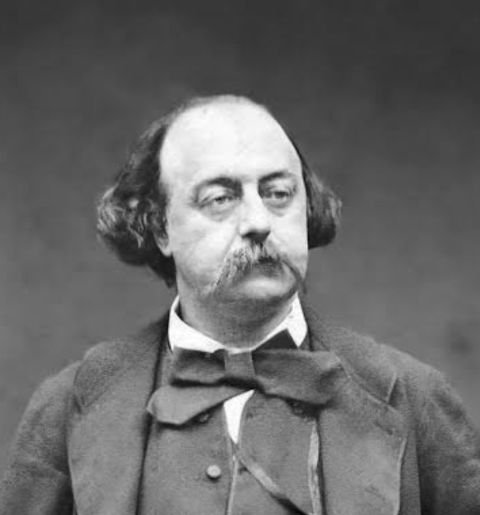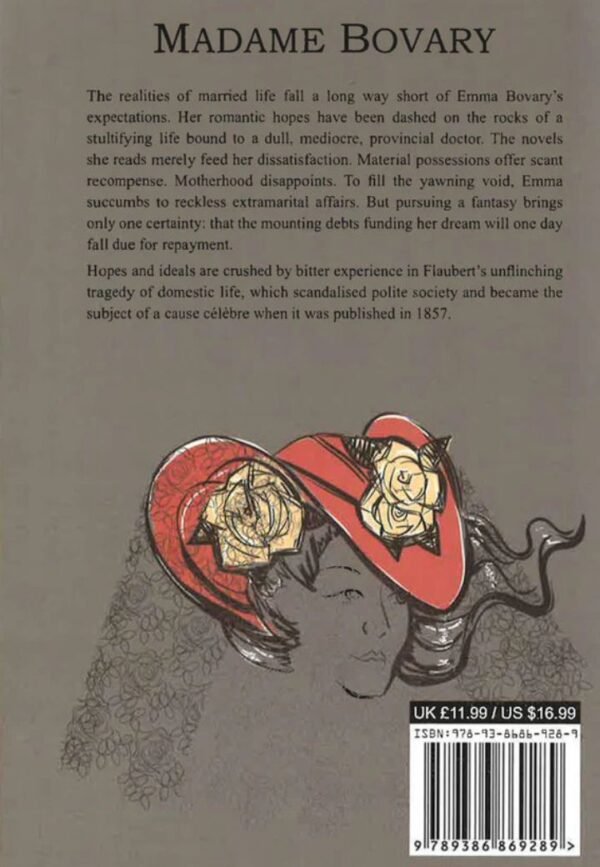
Gustave Flaubert
Gustave Flaubert (1821-1880) was a French novelist considered one of the most important figures in literary realism. Born in Rouen to a surgeon father, he is best known for his masterpiece “Madame Bovary” (1857), which caused scandal upon publication and led to an obscenity trial. The novel’s precise, objective style and psychological depth established new standards for literary realism.
Flaubert was a meticulous craftsman who spent years perfecting his prose, famously searching for “le mot juste” (the right word). His other major works include “Salammbô” (1862), set in ancient Carthage, and “A Sentimental Education” (1869). He maintained extensive correspondence with contemporary writers including George Sand and Ivan Turgenev.
Known for his dedication to artistic perfection over commercial success, Flaubert influenced generations of writers including Guy de Maupassant, who was his protégé. His psychological realism and technical innovations helped bridge the gap between 19th-century realism and modern literary techniques.
Image Source: City Journal
- Realism
- 1821
- Male
- 1


